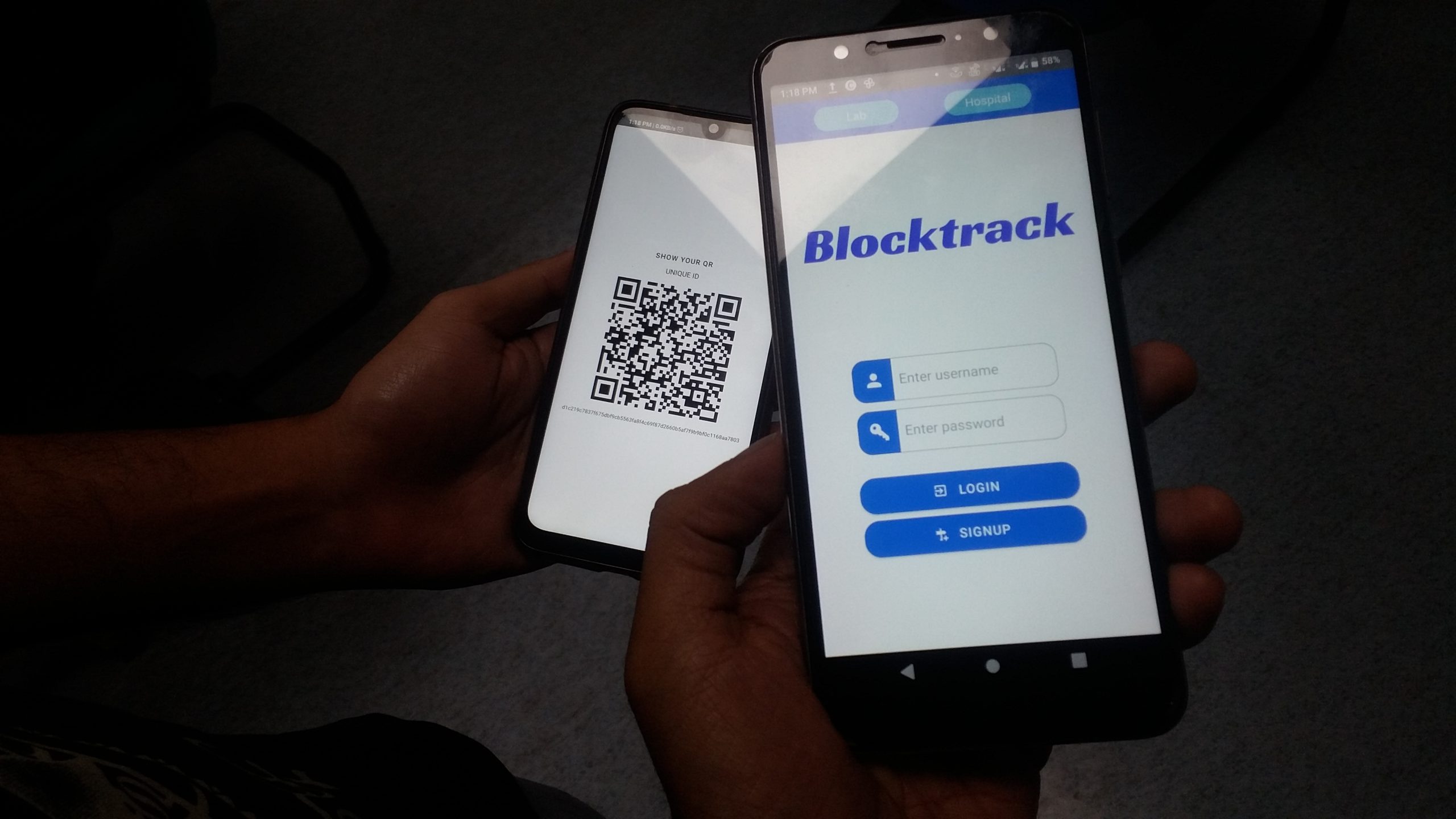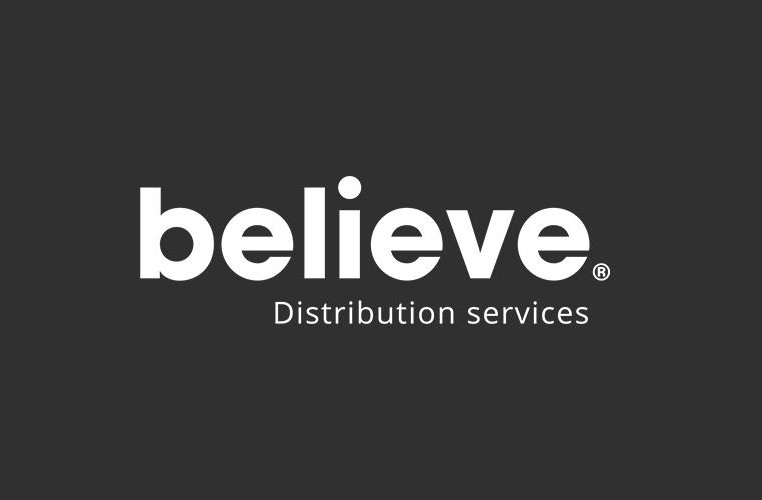Indian Institute of Technology Madras researchers have developed ‘BlockTrack’, a first-of-its-kind blockchain-based secure medical data and information exchange system for a mobile phone-based application.
This system is currently being field-tested at IIT Madras Institute Hospital, IIT Madras said in a statement.
The project has been undertaken with CSR support from Infosys originating during the height of the COVID-19 pandemic last year. BlockTrack aims to securely digitize healthcare information systems while ensuring the protection of sensitive personal information and medical records by decentralising the control and ownership of patient data, through a blockchain-based innovation.
The BlockTrack innovation is now protected through a provisional IP filed with the Indian Patent Office.
The Android version of the application has been developed separately for both patients as well as doctors.
BlockTrack’s algorithm generates identification codes for users and ensures uniqueness across boundaries with very little chance for duplication. It opens up the promise of universal and transferable healthcare information management with a strong emphasis on data privacy and tracking the spread of infectious diseases across geographies.
BlockTrack allows the interoperability of systems from multiple hospitals, institutes, and healthcare organisations. It integrates medical supply chain management and proactive tracking of the spread of contagious infections. The patient can choose to visit any healthcare facility which is on BlockTrack’s blockchain network without having any concerns about duplication of records or re-registrations.
BlockTrack is developed by a team led by Prof. Prabhu Rajagopal, Lead Faculty for Remote Diagnostics, Center for Nondestructive Evaluation (CNDE), Department of Mechanical Engineering, IIT Madras.
IIT Madras, Department of Mechanical Engineering, Prof. Prabhu Rajagopal said, “BlockTrack is an exciting project that depicts engineering innovations that have disruptive potential to transform multiple domains.”
“The system of permissions natural to blockchain-based distributed ledgers allows editability while maintaining privacy, opening up the possibility to integrate this system across primary healthcare, prescription, pharmacy, distribution and even insurance networks,” he added.
Government of India’s Principal Scientific Adviser Prof. K. VijayRaghavan said, “The National Digital Health Mission launched by the Government of India last year had secure processing of individual data and easy accessibility of digitalised personal and medical records by individuals and health service providers as its two important objectives.”





